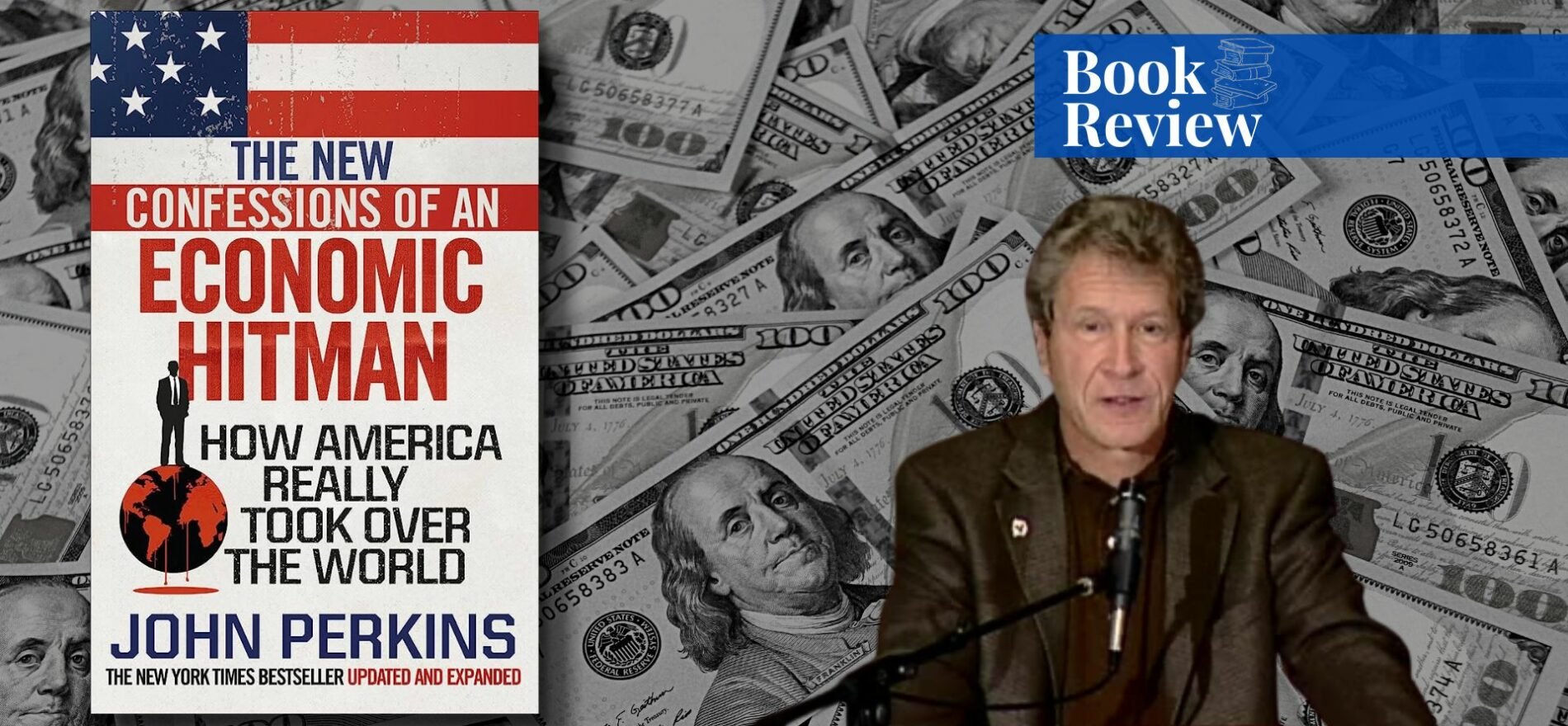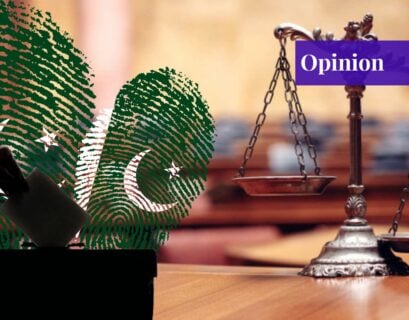Mr Khawaja Arsalan is currently pursuing his Master's degree from NUST and takes a keen interest in Geopolitics.
But What Is an Economic Hitman?
In The New Confessions of an Economic Hitman, Perkins defines economic hitmen as highly paid individuals hired and trained by different undercover organizations. Their job is to convince the leaders of third-world countries to bow down to the wish and will of the US by various means. Their tools or means include bribery, extortion, murder, rigged elections, and many other terrifying acts.
Perkins claims that he was trained as an economic hitman by an engineering consulting firm called Chas T Main. The organization used to provide fraudulent and exaggerated feasibility reports of economic growth for underdeveloped countries if they agreed to take development loans from the IMF or World Bank for mega construction and engineering projects such as highways, dams, etcetera.
The Cunning Hook to Bait Third-World Countries
The author mentions how international organizations such as USAID, IMF, and World Bank provide funds to the countries as bait, which turn into debt traps following countries’ economic dependency on the US or these organizations controlled by the US. He further elaborates that loans given to these countries for developing infrastructure projects are directed to US firms or companies by awarding these contracts to them.
The money is never credited to these countries but to these US companies. Only a few local wealthy families (usually in power) of host countries benefit from such deals, and the rest of the country goes under huge unpayable debt at high-interest rates. Once these countries are unable to pay the debt in time, the US would ask for their “Pound of Flesh,” as the writer calls it, which may include political support, access to natural resources, or military cooperation.
The Author’s Personal Experience
Perkins shares his experiences in different countries where he was sent as an economic hitman, mentioning his interactions with presidents and politicians in these countries. The most notable examples of these countries include Ecuador, Panama, Saudi Arabia, and Indonesia. According to Perkins, these countries were targeted for the same motives, i.e., to increase US dominance and political influence.
The main target in Ecuador and Saudi Arabia was natural resources, specifically oil. In contrast, with Panama, the target was the construction of the Panama Canal, which would shorten the trade route and benefit the US. Lastly, in Indonesia, the target was multi-pronged, from exploiting oil and gas reserves to drawing it away from communism. Most importantly, they wanted to maintain a strategic presence in a vital region or trade route.
Explaining the terrifying dimensions of American political and economic imperialism, the author also mentions two presidents in his book who were executed for denying to bow down in front of the US: Panama’s Omar Torrijos and Ecuador’s Jaime Roldós Aguilera; both were killed in similar plane accidents in 1981 with a gap of a few months.
Getting the Job Done
According to Perkins, the United States of America uses three main tools or weapons to promote its international influence, earn riches, and, most importantly, project global political and economic dominance. They include economic hitmen, as the writer himself was; CIA agents, who come into play if economic hitmen fail to promote their own country’s narrative and cannot convince governments or leaders to bend down or align with the US; and finally, the military might of the US. Once the first two options fail to increase US dominance or political influence, that country is invaded.
What Makes This Book Stand Out?
Apart from providing insight into international affairs and US involvement in economic manipulation, one of the book’s most compelling aspects is how the author’s guilt-ridden moral conscience turned him into a whistleblower. The book’s thought-provoking culmination intrigues the reader about his own life.
The New Confessions of an Economic Hitman provides an in-depth analysis based on detailed research and numerous examples, stories, and events from the writer’s own life. Moreover, Perkins’ writing style makes this book simple, easy, understandable, and engaging. It enables the reader to effortlessly comprehend complex economical imperialism, enlightened with different perspectives to observe international events and affairs.
Limitations
The book misses the mark in providing comprehensive analysis based on counter-argument, factual data, and alternative points of view. Although it enables the reader to increase knowledge, assists in the analysis, and familiarizes with events specifically in the 1970s and 1980s, The New Confessions of an Economic Hitman is based upon the personal points of view and the author’s perspective. It is advisable to consider different sources to comprehensively understand geopolitics and economic activities.
Overall, the book is a must-read for all who wish to understand world politics, economics, and international affairs. It is pertinent to mention that the book received widespread attention around the globe after its release in 2004; it was the New York Times’ best seller in the same year and remained so for over a year, which speaks of its popularity among readers and success as well.
If you want to submit your articles, research papers, and book reviews, please check the Submissions page.
The views and opinions expressed in this article/paper are the author’s own and do not necessarily reflect the editorial position of Paradigm Shift.


















